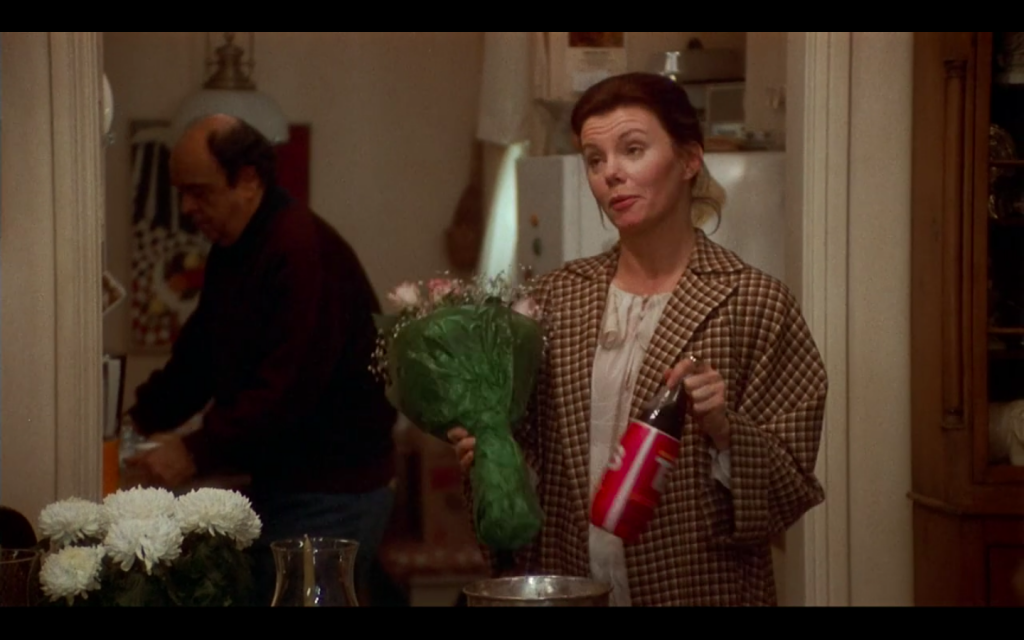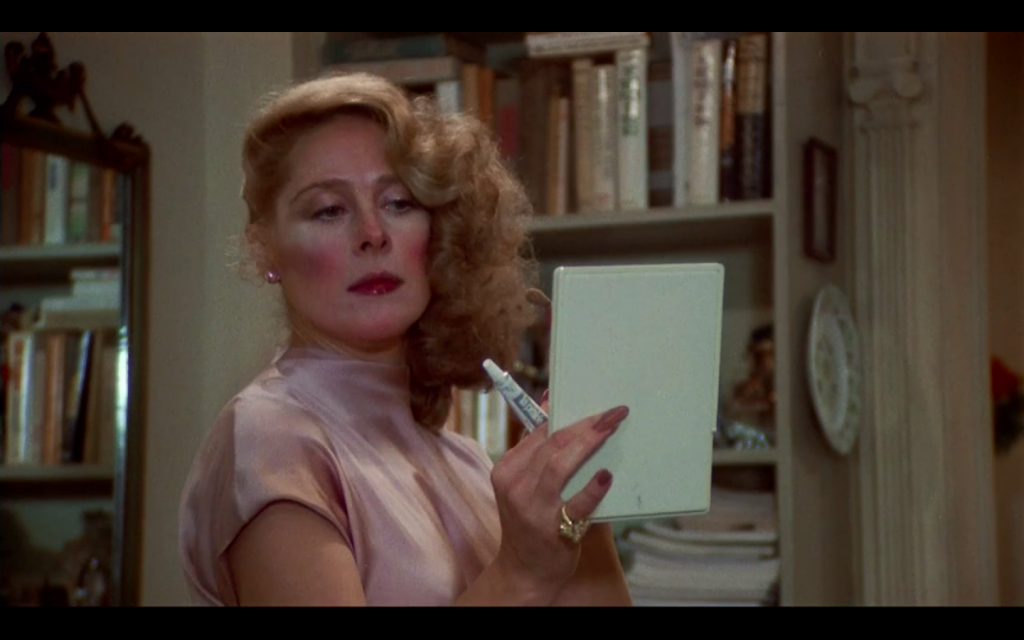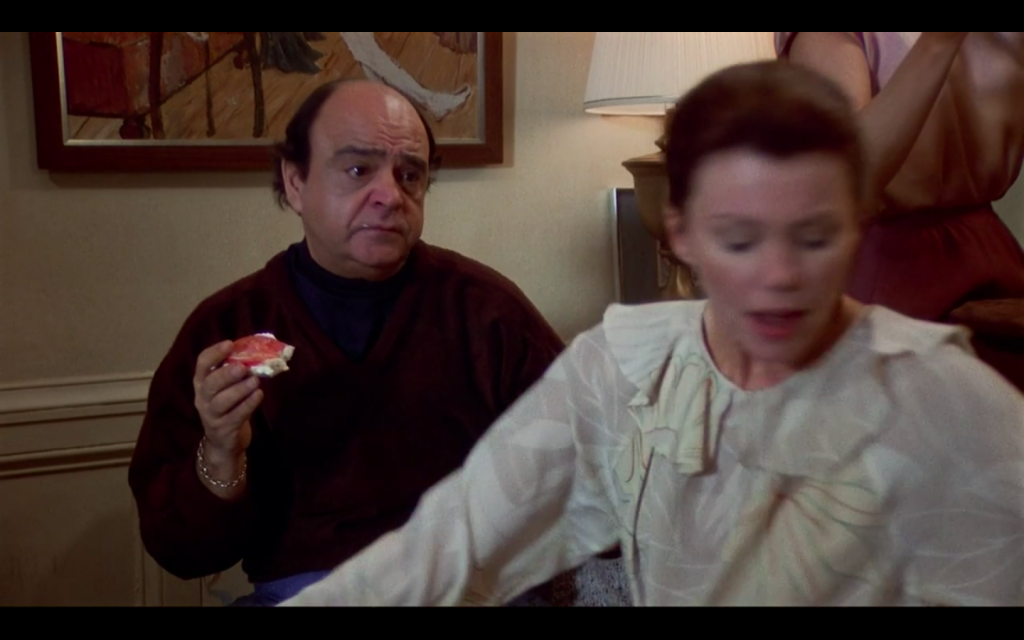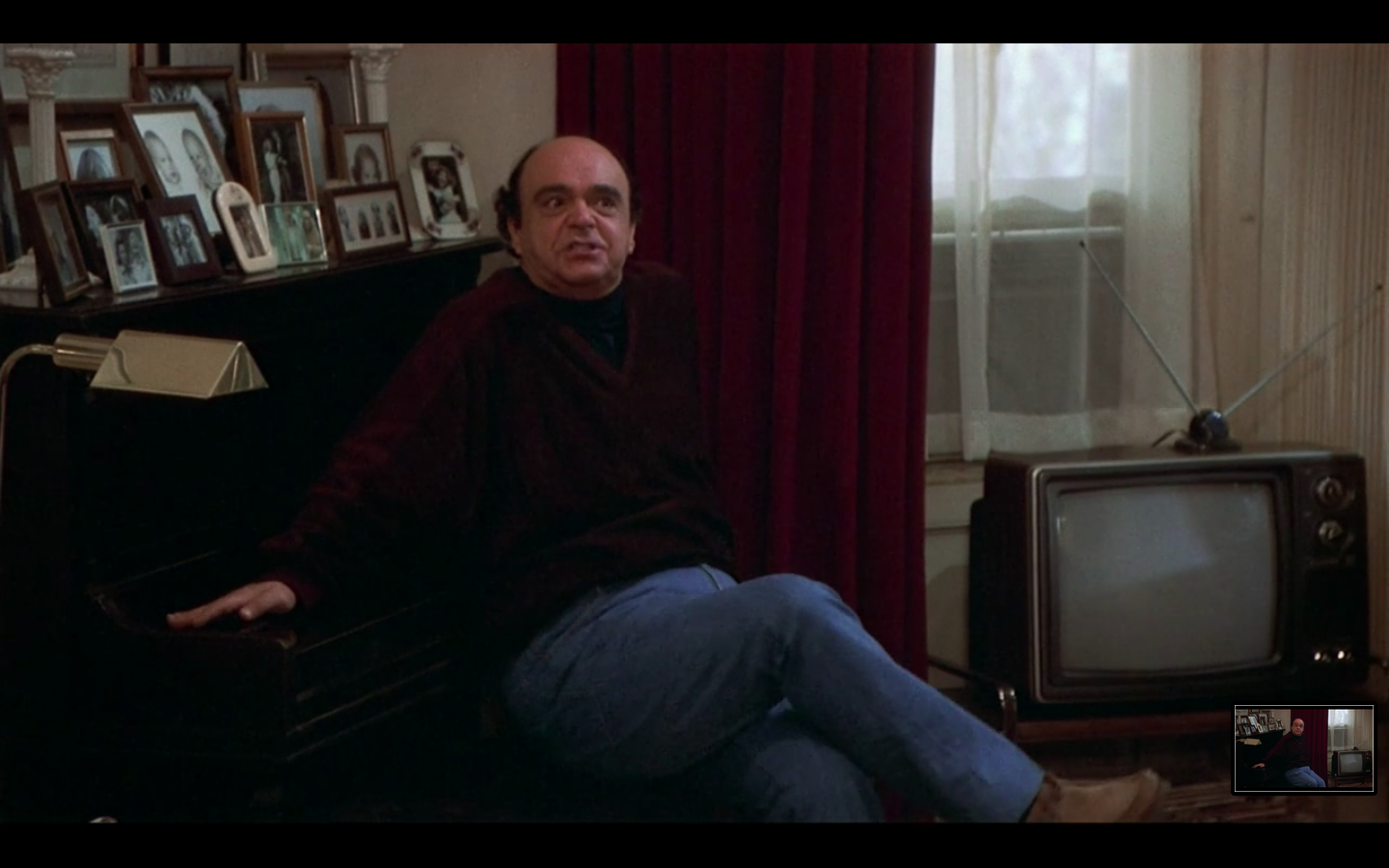Welcome to Gay Gold, our regular look at gay characters, storylines, and performers that were (or weren’t) embraced by the Oscars.
There are plenty of reasons to consider Only When I Laugh a gay film, and only one of them is the character played by James Coco.
Released in 1981, the movie is Neil Simon’s adaptation of his play The Gingerbread Lady: It’s about an alcoholic stage performer who is trying to hold her life together after she gets out of rehab, and obviously, the woes of a boozy Broadway star are the perfect fodder for a gay film. Plus, the character is named Georgia Hines. Georgia Hines! She sounds like the feisty condiment heiress who just hired the Sugarbakers to design her powder room.
And then there’s the fact that Georgia is played by Marsha Mason, who was married at the time to Simon himself. An actor playing an actor in a film written by her husband? Honey, yes. You can smell the heated passions from here.
READ: Period Films Celebrate Homosexuality—As Long as the Leads Are Played by Straight Actors
Even better, as she’s leaving rehab in the opening scene, Georgia swans around flirting with her doctor and joking with the nurses that she appreciates them sneaking in her favorite rum cake. This is the type of breezy disregard for hardship that we expect from our queer-friendly heroines.
We also expect her to eat sensibly, so when her welcome-home party involves a giant bottle of Tab, we have no choice but to stan. Same goes for the framed poster of herself in a production of The Doll’s House that Georgia keeps in her living room, along with her framed Obie award.

But wait, there’s more! Georgia’s best female friend is a socialite named Toby. Toby! When she picks Georgia up from rehab, Toby’s hair looks like Joan Collins’ hairspray dreams come true, and later, when she and Georgia get in a fight about Georgia’s relapse into drinking, Toby screams at her from her penthouse balcony about not being such a pain in the ass anymore. Joan Crawford could never.

This is Toby. Of course this is Toby!
And did I mention Polly, Georgia’s baby dyke daughter played by Kristy McNichol? Sure, the kid claims she’s attracted to boys, but she’s also starring as a ballplayer in her school’s production of Damn Yankees and she dresses like a domineering riding instructor. You do the math. (McNichol herself wasn’t yet out of the closet when she made the film, but we know what we know, by god.)
In a world like this, it’s no surprise that Jimmy Perrino — Georgia’s gay best friend — fits right in. He’s a struggling actor who mostly exists to complain with his gal pals, eat snacks while swearing he needs to stop, and soothe Georgia’s worries as she tries to mend her family relationships and restart her career. That means he’s a typical Gay Best Friend, but thanks to Coco’s performance, he’s not only that. A gay actor himself — though closeted at the time — Coco gives Jimmy a grounded sense of humanity, letting us see the man’s genuine delight at relaxing with his friends and his frustrations with a business that rejects him.

Have another piece of Mahler, Jimmy.
More importantly, Jimmy never comes across like a sad sack or a clown, which feels miraculous for a mainstream movie made in 1981. This is much better than whatever the fuck was happening in Cruising.
On the whole, Only When I Laugh plays like a TV film, with its unsubtle swings from comedy to melodrama and its penchant for speechifying. But the nuanced performances and affectionately written characters make it a decent watch, even today.
Coco is a big part of that. That’s probably why he got an Oscar nomination for Best Supporting Actor, along with Marsha Mason for Best Actress and Joan Hackett (who played Toby) for Best Supporting Actress. But Coco also got a Razzie nomination for Worst Supporting Actor, making him the first performer to get Oscar and Razzie noms for the same role. (Amy Irving did it two years later for Yentl, and since she just got a Razzie nom for her performance in Hillbilly Elegy, it seems likely that Glenn Close is about to be the third actor to get this dubious honor.)
It’s easy to assume that homophobia helped Coco get dinged by the Razzies. It was probably threatening to the yahoos in that group that a movie dared to allow a gay men to exist without being punished. But who knows? Maybe they were mad because Jimmy didn’t get to fuck. We may never know their reasons, but James Coco’s Oscar/Razzie double will remain a fascinating award season tidbit forever.




